Intro
Pregnancy is a critical period in a woman's life, filled with excitement, anticipation, and a multitude of changes. It's a time when the body undergoes significant transformations to nurture the growing fetus. However, it's also a period when the mother's health and lifestyle choices can have a profound impact on the baby's development and future well-being. One of the most significant risks to a healthy pregnancy is smoking. Smoking during pregnancy is a serious concern that can lead to numerous complications for both the mother and the baby. Understanding the risks and consequences of smoking during pregnancy is essential for expectant mothers to make informed decisions about their health and the health of their unborn child.
The importance of avoiding smoke during pregnancy cannot be overstated. Tobacco smoke contains thousands of chemicals, many of which are harmful to human health. When a pregnant woman smokes, these chemicals can pass through the placenta, reaching the developing fetus. This exposure can lead to a range of problems, from premature birth and low birth weight to increased risk of sudden infant death syndrome (SIDS) and long-term health issues for the child. Furthermore, smoking during pregnancy can also affect the mother's health, increasing her risk of pregnancy complications, such as placenta previa and ectopic pregnancy. The risks associated with smoking during pregnancy are so significant that health professionals around the world emphasize the importance of quitting smoking as soon as possible.
Smoking during pregnancy is a preventable risk factor that can be addressed through education, support, and nicotine replacement therapy. Expectant mothers who smoke face a unique challenge in quitting, as they must overcome not only the physical addiction to nicotine but also the emotional and psychological aspects of smoking. However, with the right approach and support, many women are able to quit smoking during pregnancy, significantly improving their health and the health of their baby. It's crucial for pregnant women who smoke to understand that quitting is never too late, and even reducing the number of cigarettes smoked per day can have health benefits for both the mother and the fetus.
Understanding the Risks of Smoking During Pregnancy

Smoking during pregnancy exposes the fetus to a cocktail of toxic chemicals, including carbon monoxide, nicotine, and numerous other carcinogens. These substances can interfere with the normal development of the fetus, affecting its growth, organ development, and overall health. One of the most immediate risks of smoking during pregnancy is low birth weight. Babies born to mothers who smoke are more likely to be underweight, which can lead to a range of health problems, including respiratory distress, increased risk of infection, and difficulties with feeding and growth. Furthermore, smoking during pregnancy can also increase the risk of premature birth, a condition where the baby is born before 37 weeks of gestation. Premature babies are at a higher risk of health complications and may require extended hospital stays in neonatal intensive care units.
Impact on Fetal Development
The impact of smoking on fetal development is multifaceted and can affect various aspects of the baby's health and growth. Nicotine, in particular, can alter the normal functioning of the placenta, reducing the flow of oxygen and nutrients to the fetus. This can result in growth restriction, where the baby does not grow at a normal rate inside the womb. Moreover, exposure to tobacco smoke has been linked to changes in the structure and function of the fetus's brain, heart, and lungs, potentially leading to long-term cognitive, behavioral, and physical health issues.The Benefits of Quitting Smoking During Pregnancy

Quitting smoking during pregnancy is one of the most effective ways to improve the health and well-being of both the mother and the baby. The benefits of quitting are numerous and can be seen almost immediately after stopping smoking. Within 20 minutes of quitting, the mother's heart rate and blood pressure decrease, improving blood flow to the fetus. Within 12 hours, carbon monoxide levels in the blood decrease, allowing for more oxygen to reach the fetus. Furthermore, quitting smoking reduces the risk of premature birth, low birth weight, and sudden infant death syndrome. It also decreases the mother's risk of pregnancy complications and long-term health issues associated with smoking.
Strategies for Quitting Smoking
Quitting smoking is challenging, but with the right strategies and support, many women are able to overcome their addiction and improve their health during pregnancy. Nicotine replacement therapy (NRT) is often recommended as a first-line treatment for pregnant women who want to quit smoking. NRT comes in various forms, including patches, gum, lozenges, and inhalers, and can help manage withdrawal symptoms and cravings. Additionally, counseling and support groups can provide emotional support and practical advice on staying smoke-free. A combination of these approaches, tailored to the individual's needs and preferences, can significantly increase the chances of successful quitting.Support for Pregnant Women Who Smoke

Pregnant women who smoke often face unique challenges in quitting, including social pressures, emotional dependency, and lack of access to healthcare services. However, there are numerous resources available to support these women in their journey to quit smoking. Healthcare providers play a critical role in encouraging and assisting pregnant women to quit smoking. They can offer counseling, prescribe nicotine replacement therapy, and provide referrals to specialized smoking cessation programs. Additionally, community-based initiatives, such as support groups and hotlines, can offer emotional support and practical advice on quitting smoking.
Role of Healthcare Providers
Healthcare providers are pivotal in helping pregnant women quit smoking. They can assess the woman's smoking status at the first prenatal visit and provide personalized advice and support throughout the pregnancy. This may include setting a quit date, prescribing NRT, and offering regular follow-up appointments to monitor progress and provide encouragement. Moreover, healthcare providers can educate women about the risks of smoking during pregnancy and the benefits of quitting, empowering them to make informed decisions about their health and the health of their baby.Long-Term Health Implications

The health implications of smoking during pregnancy extend far beyond the pregnancy itself, affecting both the mother's and the child's long-term health. Children exposed to tobacco smoke in utero are at an increased risk of respiratory problems, such as asthma, and are more likely to become smokers themselves when they grow up. Moreover, smoking during pregnancy has been linked to an increased risk of various health issues in children, including attention deficit hyperactivity disorder (ADHD), learning disabilities, and behavioral problems. For the mother, quitting smoking can significantly reduce the risk of long-term health issues, such as heart disease, stroke, and various types of cancer.
Breaking the Cycle of Smoking
Breaking the cycle of smoking requires a comprehensive approach that addresses the physical, emotional, and social aspects of addiction. For pregnant women, quitting smoking is not only about improving their own health but also about giving their child the best possible start in life. By understanding the risks of smoking during pregnancy, accessing support and resources, and staying committed to quitting, women can overcome their addiction and create a healthier, smoke-free environment for themselves and their families.Conclusion and Future Directions
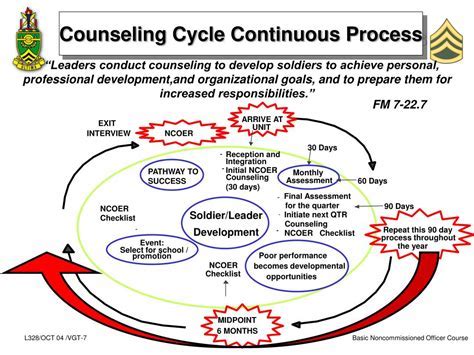
In conclusion, smoking during pregnancy is a significant public health concern that can have far-reaching consequences for both the mother and the baby. However, with the right support, resources, and determination, many women are able to quit smoking and improve their health during pregnancy. Future directions in addressing this issue include increasing access to smoking cessation services, particularly for disadvantaged populations, and developing more effective interventions tailored to the needs of pregnant women. By working together, healthcare providers, policymakers, and community leaders can help reduce the prevalence of smoking during pregnancy and promote healthier outcomes for mothers and babies worldwide.
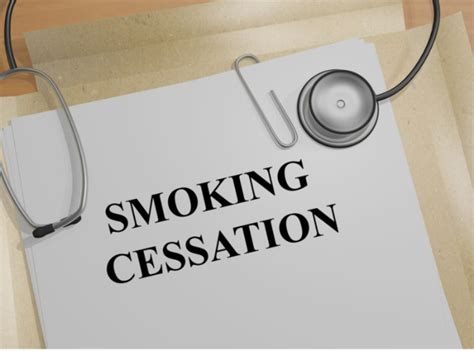
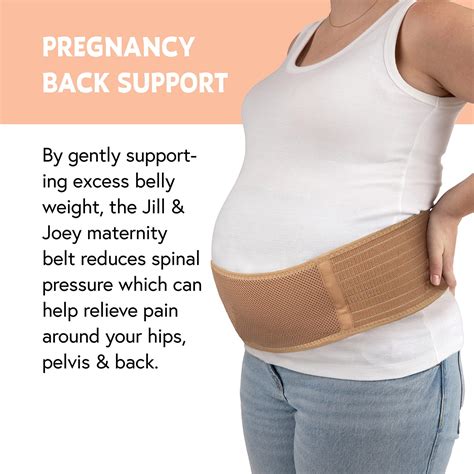

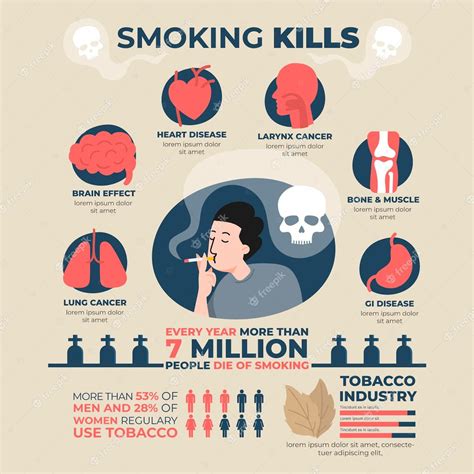
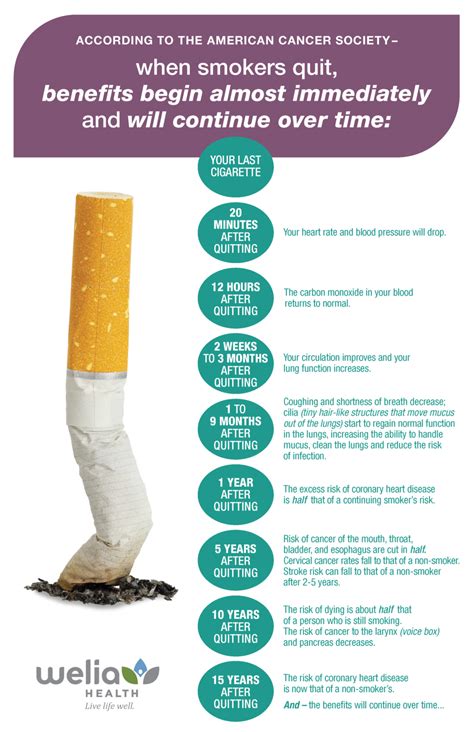
What are the risks of smoking during pregnancy?
+Smoking during pregnancy can lead to numerous complications, including premature birth, low birth weight, and increased risk of sudden infant death syndrome (SIDS). It can also affect the mother's health, increasing her risk of pregnancy complications and long-term health issues.
How can I quit smoking during pregnancy?
+Quitting smoking during pregnancy requires a combination of strategies, including nicotine replacement therapy (NRT), counseling, and support groups. Healthcare providers can offer personalized advice and support, and community-based initiatives can provide additional resources and encouragement.
What are the benefits of quitting smoking during pregnancy?
+Quitting smoking during pregnancy can significantly improve the health and well-being of both the mother and the baby. It reduces the risk of premature birth, low birth weight, and SIDS, and decreases the mother's risk of pregnancy complications and long-term health issues.
We invite you to share your thoughts and experiences on the importance of avoiding smoke during pregnancy. Your comments can help others understand the risks and benefits associated with smoking during this critical period. If you or someone you know is struggling with smoking during pregnancy, we encourage you to seek support from healthcare providers and community resources. Together, we can promote healthier outcomes for mothers and babies worldwide. Please feel free to share this article with others who may benefit from this information, and let's work towards creating a smoke-free environment for all.
